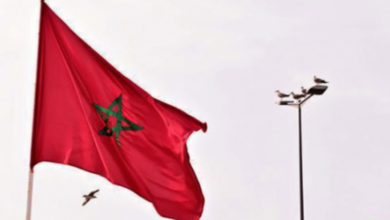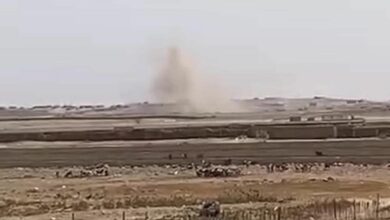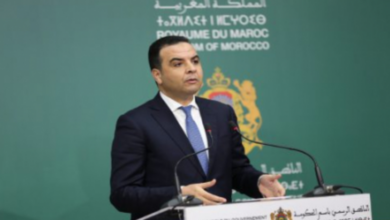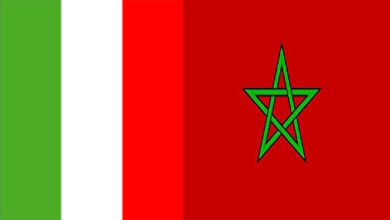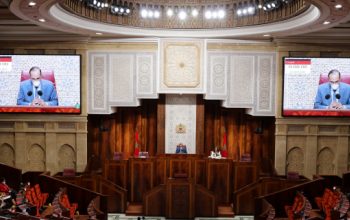Miguel Ángel Mackay writes: Algeria’s isolation deepens… and the regime faces limited options amid shifting geopolitics
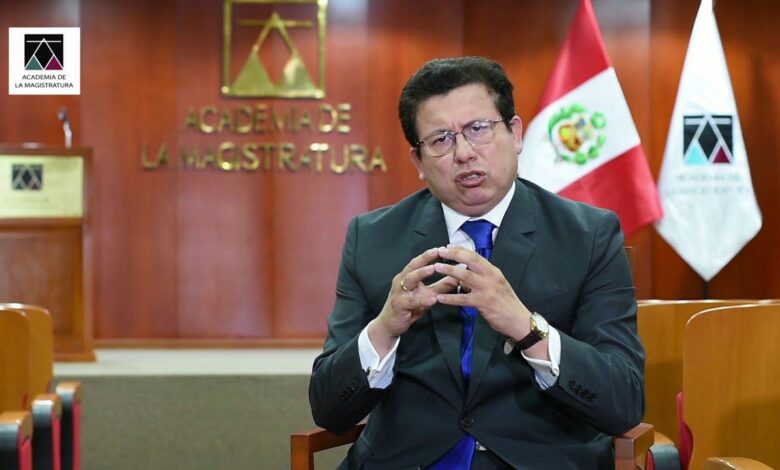
ALDAR/
In a compelling opinion piece published by the Peruvian newspaper Expreso, former Peruvian Foreign Minister and professor of international relations Miguel Ángel Mackay sheds light on the growing international isolation faced by Algeria, amid major geopolitical transformations in the Middle East and the Maghreb. He argues that if the Algerian regime wants to escape its diplomatic deadlock, it must confront the new regional reality with humility and pragmatism—starting with a reassessment of its stance on the fabricated conflict over the Moroccan Sahara, and recognition of Morocco’s sovereignty over the territory.
Isolation rooted in hostile choices and costly alliances
The author contends that Algeria has long engaged in plotting against its neighbor Morocco, driven by an obsessive ambition to control the Moroccan Sahara and gain access to the Atlantic Ocean. To achieve this, says Mackay, Algeria has backed the separatist Polisario Front and fabricated the so-called “Sahrawi Republic”—an entity unrecognized by the overwhelming majority of the world’s nations.
As Iran, Algeria’s strategic ally, grows increasingly isolated amid escalating tensions in the Middle East and looming threats to the Iranian regime’s survival, Algeria too finds itself more marginalized in the Maghreb region. A potential collapse of Tehran would deprive Algeria of one of its last ideological and military allies, leaving it even more vulnerable on the regional stage.
International support shifting toward Morocco
On the other hand, Mackay notes that a growing number of major world powers—including the United States, the United Kingdom, Spain, and France, as well as influential members of the United Nations—are now openly supporting Morocco’s autonomy proposal, viewing it as serious, credible, and realistic for resolving the Sahara dispute. Today, according to the article, Moroccan-American relations rank among the strongest on the African continent.
Loss of regional influence and declining Russian interest
From ambitions of dominance in the Sahel to desires to lead the Maghreb, the Algerian regime now finds itself trapped by its own decisions. Meanwhile, Russia’s interest in Algeria is waning as Moscow is preoccupied with other priorities, especially in Ukraine. Domestically, Algeria is still grappling with the aftermath of the Bouteflika era—after the former president suffered a stroke in 2013, the country entered a prolonged period of political and economic stagnation that has yet to be resolved.
A call for reconciliation over stubbornness
Mackay concludes his article with a direct message to the Algerian regime: the time has come to embrace political realism, accept the impossibility of an Atlantic outlet, and stop using the Polisario as a tool for geopolitical blackmail. Rather than persisting with a strategy of obstinacy, he urges the regime to adopt a path of regional reconciliation—based on fair negotiations culminating in full recognition of Morocco’s sovereignty over its southern provinces.
He also delivers an implicit message to the Algerian people—nearly 50 million strong—affirming their right to benefit from the development opportunities available in North Africa. Especially now, as sweeping regional changes make Morocco’s Atlantic coast a promising gateway to the future—even for Sahelian countries, which are increasingly turning to Rabat with hope and confidence.

